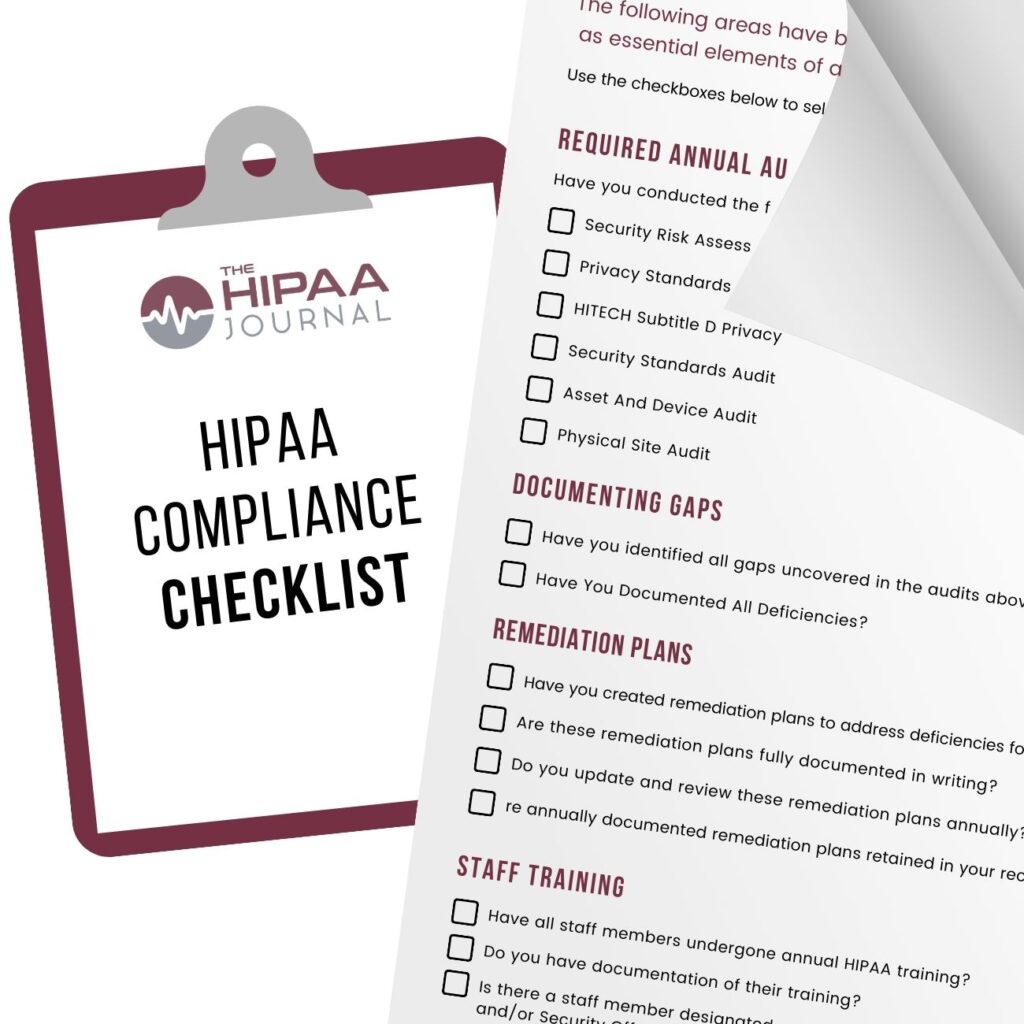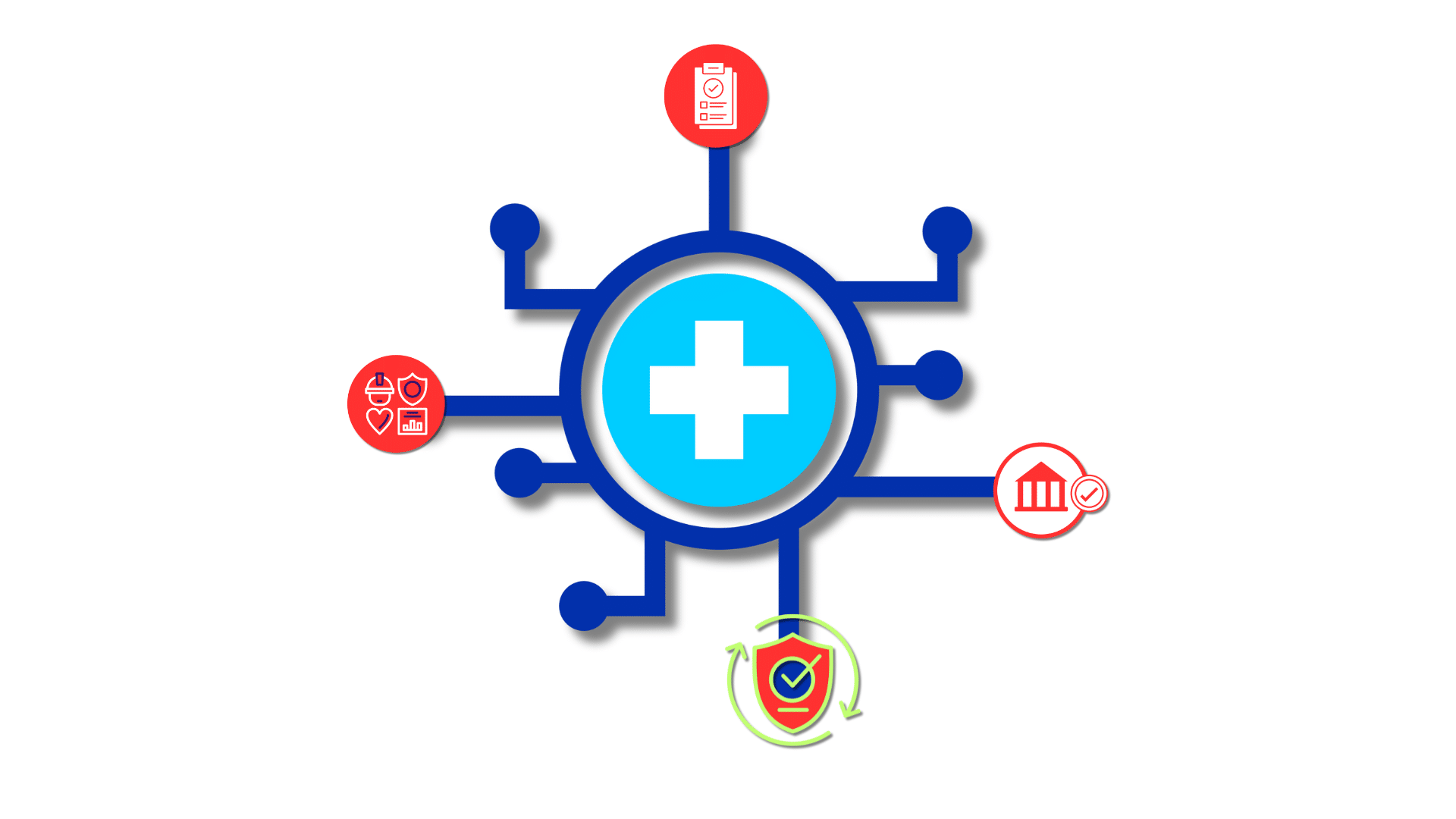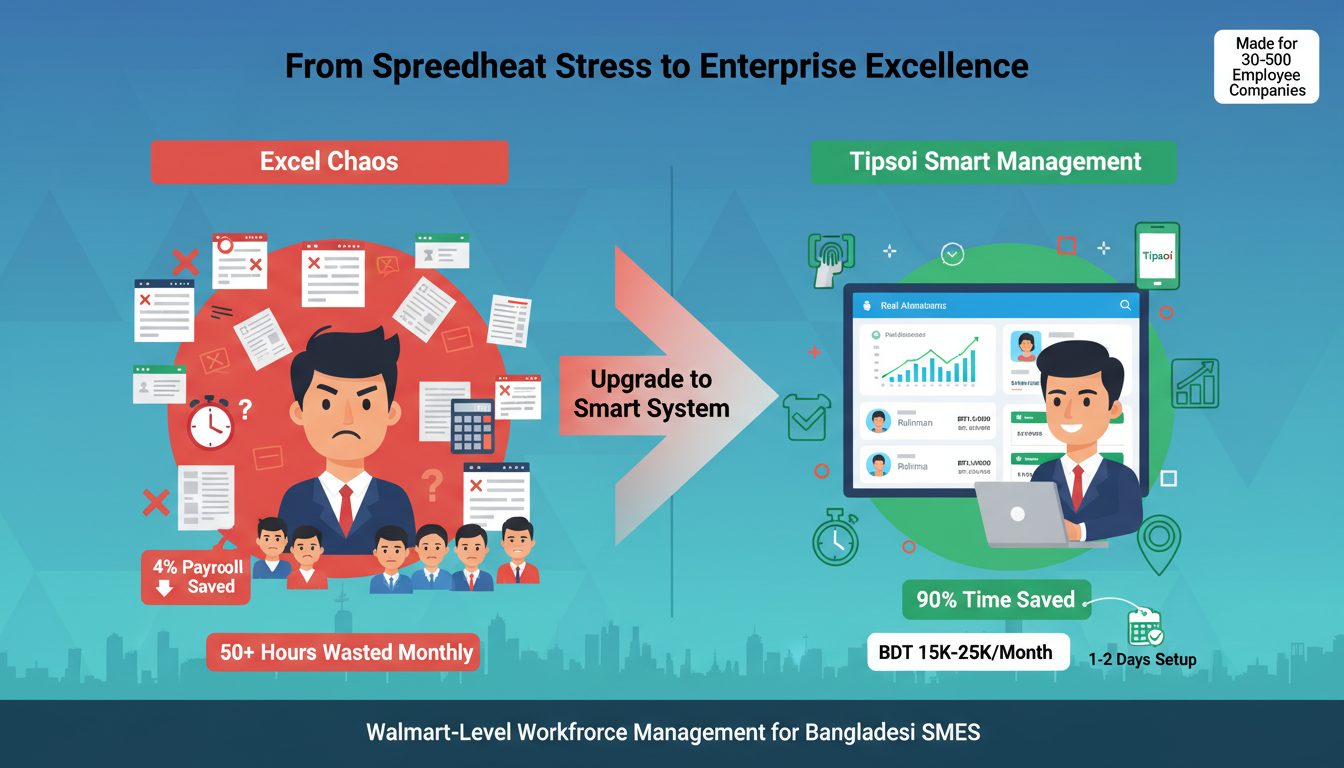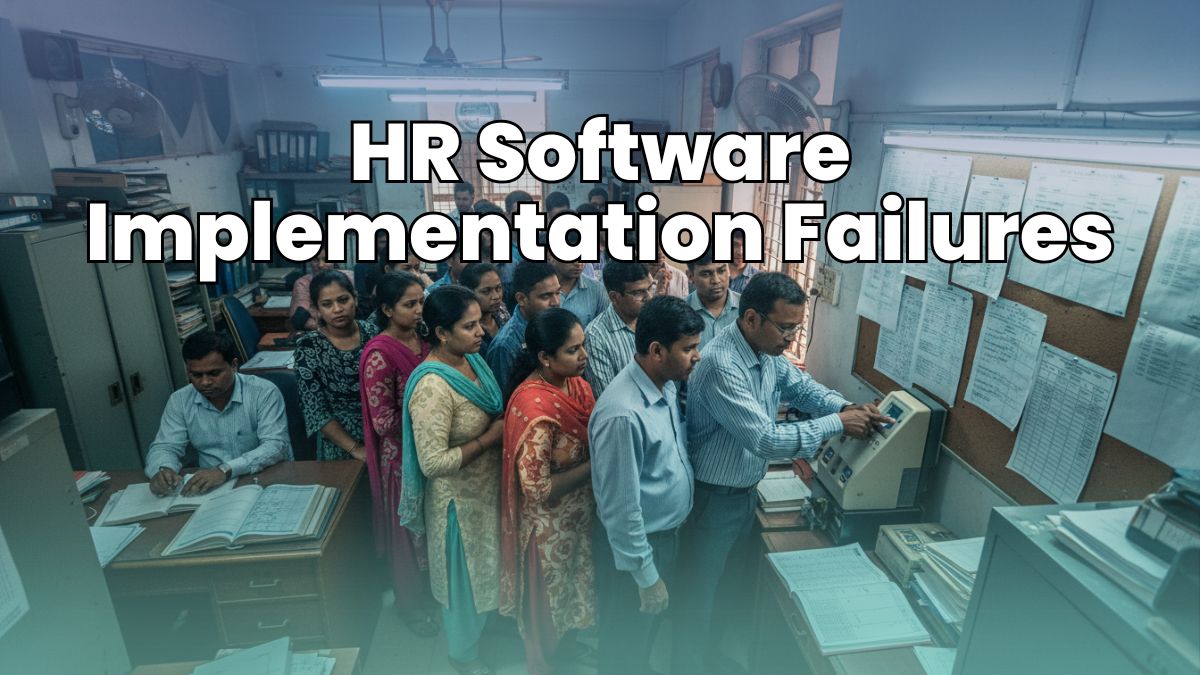Navigating compliance in healthcare HR can be daunting. Cloud HR software offers solutions, but what are the compliance requirements?
In the healthcare industry, HR compliance is crucial. With strict regulations, maintaining compliance can be challenging. Cloud HR software provides tools to help manage these requirements. But understanding what’s needed is essential. This blog will explore the compliance requirements for healthcare HR.
We’ll discuss how cloud HR software can help. By the end, you’ll have a clearer picture of what to look for. Stay tuned to ensure your healthcare organization remains compliant.
Introduction To Cloud HR Software
In the fast-paced healthcare industry, managing human resources can be challenging. With a growing workforce and strict compliance requirements, healthcare organizations need efficient solutions. Cloud HR software offers a powerful tool to streamline HR processes. This modern technology provides flexibility, security, and scalability, making it ideal for healthcare settings.
Benefits For Healthcare Industry
Cloud HR software offers numerous benefits for the healthcare sector. Here are some key advantages:
- Enhanced Compliance: Stay updated with the latest regulations and ensure compliance.
- Improved Efficiency: Automate HR tasks, reducing manual effort and errors.
- Cost Savings: Minimize operational costs with cloud-based solutions.
- Scalability: Easily scale your HR system as your organization grows.
- Security: Protect sensitive employee data with advanced security measures.
Key Features
Cloud HR software comes with several features designed to meet the specific needs of the healthcare industry:
| Feature | Description |
|---|---|
| Compliance Management | Ensure adherence to healthcare regulations and standards. |
| Employee Records | Maintain accurate and up-to-date employee information. |
| Time and Attendance | Track employee hours and manage schedules efficiently. |
| Payroll Integration | Seamlessly integrate payroll processing with HR functions. |
| Training and Development | Offer continuous education and training for staff. |
Understanding Compliance Requirements
Healthcare organizations must adhere to strict compliance requirements. These rules ensure patient data remains secure. Cloud HR software helps manage these needs effectively. Understanding these compliance requirements is crucial. It helps in maintaining smooth operations and avoiding legal troubles.
Let’s break down the importance of compliance and common regulations. This will help in grasping the essentials of cloud HR software compliance in healthcare.
Importance Of Compliance
Compliance in healthcare is vital. It protects patient data from breaches. It also ensures the organization meets legal standards. Non-compliance can lead to severe penalties. These penalties can include fines or even jail time. Thus, staying compliant is not optional. It’s a necessity for healthcare organizations.
Furthermore, compliance builds trust. Patients need to know their data is safe. When an organization follows the rules, it shows responsibility. This builds credibility and trust with patients.
Common Regulations
Several regulations govern healthcare compliance. The Health Insurance Portability and Accountability Act (HIPAA) is one. It sets standards for protecting patient data. Another is the General Data Protection Regulation (GDPR). It applies to organizations that handle data of EU citizens. Both these regulations have strict guidelines.
Other important regulations include the Health Information Technology for Economic and Clinical Health (HITECH) Act. This act promotes the adoption of health information technology. It also strengthens HIPAA rules. Additionally, the Payment Card Industry Data Security Standard (PCI DSS) ensures secure handling of card information. Understanding these regulations is key for compliance.
Hipaa And Cloud HR Software
HIPAA compliance is crucial for healthcare organizations using cloud HR software. The Health Insurance Portability and Accountability Act (HIPAA) sets standards for protecting sensitive patient information. For HR departments, ensuring compliance means safeguarding employee data and patient information.
Protected Health Information (PHI)
PHI includes any information about health status, care, or payment. This data must be protected under HIPAA guidelines. Cloud HR software must handle PHI with strict security measures. Failure to comply can result in severe penalties.
Ensuring Data Security
Data security is a top priority for HIPAA compliance. Cloud HR software must use encryption to protect data. Access controls are also essential. Only authorized personnel should access sensitive information.
Regular audits help maintain security standards. These audits check for vulnerabilities in the system. Any breaches or weaknesses must be addressed immediately. Employee training is also vital. Staff must understand how to handle and protect PHI.
In summary, HIPAA compliance is essential for healthcare cloud HR software. Protecting PHI and ensuring data security are key components. Proper measures and training can help organizations stay compliant and avoid penalties.
GDPR And Healthcare HR Systems
The General Data Protection Regulation (GDPR) impacts healthcare HR systems. It ensures that personal data of employees is protected. This regulation affects how healthcare organizations manage HR data. Compliance is crucial for avoiding penalties and maintaining trust.
Data Protection Principles
Healthcare HR systems must follow data protection principles. These include data minimization and accuracy. Only necessary data should be collected. The data must be kept up-to-date and accurate. Another principle is storage limitation. Data should not be stored longer than needed. Integrity and confidentiality are also important. Data must be protected against unauthorized access and breaches.
Rights Of Data Subjects
Under GDPR, employees have rights over their data. They can access their personal data. They can request corrections if data is inaccurate. They also have the right to erasure. This means they can ask for their data to be deleted. Additionally, employees can restrict processing of their data. This applies if the data is not needed anymore. They can also object to data processing. This helps protect their privacy and control over their information.
Implementing Compliance Measures
Implementing compliance measures in healthcare is crucial for protecting sensitive data. Cloud HR software must meet specific requirements to ensure patient information safety. This section will discuss essential aspects such as risk assessment and employee training to help you maintain compliance.
Risk Assessment
Risk assessment is the first step in implementing compliance measures. Identify potential threats to your data. Evaluate the likelihood of these threats. Determine the potential impact on your organization. Create a plan to mitigate these risks. Regularly review and update your risk assessment. This ensures your measures are effective and up-to-date.
Employee Training
Employee training is vital for maintaining compliance. Educate your staff on the importance of data security. Provide training on using the Cloud HR software correctly. Ensure they understand the risks associated with non-compliance. Conduct regular refresher courses to keep everyone informed. Training helps employees follow best practices and stay vigilant.

Credit: www.hrcloud.com
Data Security Best Practices
Ensuring data security in the healthcare industry is crucial. Cloud HR software must comply with strict regulations to protect sensitive information. Following best practices helps maintain the security and integrity of healthcare data.
Encryption Standards
Encryption is essential to protect data. Healthcare providers must use strong encryption standards. This ensures sensitive data is secure during storage and transmission.
Here are some common encryption standards:
- AES (Advanced Encryption Standard): Widely used for securing data.
- RSA (Rivest-Shamir-Adleman): Useful for secure data exchange.
- SSL/TLS (Secure Sockets Layer/Transport Layer Security): Ensures secure data transfer over the internet.
Access Controls
Access controls limit who can view or edit data. They help ensure only authorized personnel can access sensitive information.
Implementing effective access controls involves:
- User authentication: Verifying the identity of users before granting access.
- Role-based access: Assigning permissions based on user roles.
- Audit logs: Tracking who accessed data and when.
| Best Practice | Description |
|---|---|
| Encryption | Protect data with strong encryption standards. |
| Access Controls | Limit data access to authorized personnel. |
Following these data security best practices ensures compliance with healthcare regulations. It also protects sensitive information from breaches.
Auditing And Monitoring
Cloud HR software compliance in healthcare requires stringent auditing and monitoring. This ensures adherence to legal standards and protects sensitive data. Regular audits and compliance reporting form the backbone of this process.
Regular Audits
Regular audits are critical for maintaining compliance with healthcare regulations. Audits help identify potential risks and vulnerabilities within the HR system. They ensure that all processes meet compliance standards.
Audits should be performed by internal or external auditors. They must review data access, data storage, and data handling practices. This helps in catching any non-compliance issues early.
| Aspect | Frequency |
|---|---|
| Data Access | Quarterly |
| Data Storage | Bi-Annually |
| Data Handling | Annually |
Compliance Reporting
Compliance reporting is essential for tracking compliance status. Reports should be generated regularly to assess compliance health. These reports help in understanding compliance gaps and necessary actions.
Key elements of compliance reporting include:
- Access logs
- Incident reports
- Audit findings
These elements provide a clear picture of the compliance landscape. They ensure that all compliance requirements are met effectively.
Regular audits and compliance reporting are the pillars of auditing and monitoring. They help maintain robust compliance in healthcare HR systems.
Credit: www.osplabs.com
Future Trends In HR Compliance
The world of HR compliance is continuously evolving. Especially in the healthcare sector, new trends are emerging. Keeping up with these changes is crucial for HR professionals.
Evolving Regulations
Healthcare regulations are in a constant state of flux. New laws and policies emerge frequently. To stay compliant, HR teams must stay updated. Here’s a quick look at some expected changes:
- Data Privacy: Stringent data privacy laws are anticipated.
- Employee Rights: Enhanced employee rights and protections are on the horizon.
- Diversity and Inclusion: Regulations promoting workplace diversity will be more prevalent.
Keeping track of these evolving regulations can be challenging. A proactive approach is necessary.
Technological Advances
Technology is reshaping HR compliance. Innovative software solutions are making compliance easier. Let’s explore some key advancements:
| Technology | Impact on Compliance |
|---|---|
| AI and Machine Learning | Automates compliance tracking and reporting. |
| Blockchain | Ensures data integrity and security. |
| Cloud Computing | Enables real-time data access and updates. |
These technologies streamline HR processes. They also reduce the risk of non-compliance.
In summary, staying informed about these future trends is essential. Both evolving regulations and technological advances are reshaping HR compliance in healthcare. Adapting to these changes ensures continued compliance and operational efficiency.

Credit: www.hipaajournal.com
Frequently Asked Questions
What Is Cloud HR Software For Healthcare?
Cloud HR software for healthcare manages employee data, payroll, and compliance. It’s accessible online, ensuring convenience and efficiency.
Why Is Compliance Important In Healthcare HR Software?
Compliance ensures that healthcare HR software adheres to legal standards. This protects patient data and avoids legal penalties.
How Does Cloud HR Software Ensure Data Security?
Cloud HR software uses encryption, access controls, and regular audits. These measures protect sensitive healthcare data from breaches.
Are There Specific Compliance Standards For Healthcare HR Software?
Yes, healthcare HR software must comply with HIPAA and other regulations. These standards ensure patient data security and privacy.
Conclusion
Ensuring cloud HR software meets healthcare compliance is crucial. It safeguards patient data. It also helps avoid penalties. Choose software with strong security measures. Regular updates and audits are essential. Always prioritize employee training. Compliance is a continuous process. Stay informed about changing regulations.
This way, you can maintain a secure and compliant system.








